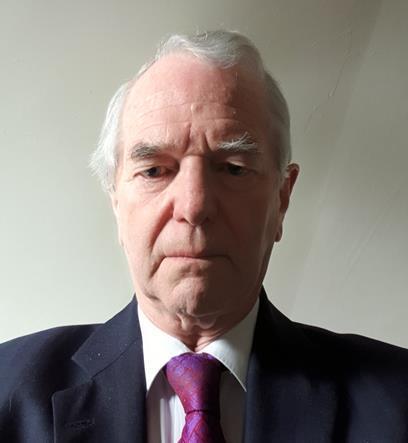NHS Grampian has seen a link between positive Covid cases and Scotland’s Euro 2020 game against England.
Swarms of fans gathered in London for the Scotland vs England football match at the weekend, despite a warning from First Minister Nicola Sturgeon telling fans to stay away from the city due to concerns over the spread of the coronavirus.
Today, public health consultant Derek Cox confirmed a number of cases directly linked to the game at Wembley Stadium have already been identified by the health board – with more expected to come.
The first cases
Dr Cox said: “Since the Scotland game on Friday we’ve started now to see the first cases coming into the system.
“It’s early days yet, but over the course of the next four or five days we are likely to see more.”
He added: “If I could have had my way I’d have these football matches with no fans.”
‘If I was given a free ticket to a sports game, I wouldn’t go’
The public health consultant stressed he has further concerns ahead of this weekend’s British & Irish Lions Test match against Japan at Murrayfield in Edinburgh.
He said: “It is a concern there’s the rugby on Saturday.
“In Edinburgh, on Monday, they had 600 new cases. Glasgow and Edinburgh are both still reasonable hot spots for Covid, yet we will have and have had people from Aberdeen travelling there for matches.”
Dr Cox warned: “If I was given a free ticket to a sports game, I wouldn’t go.”
Concern over contact tracing
This week NHS Grampian began offering extra testing in Westhill, Tillydrone and Froghall in Aberdeen after a surge in cases there.
Earlier this week he advised people living in the three areas to “pretend” as if the rules had not been relaxed in order to prevent spreading the virus further.
Dr Cox believes, while a change in attitude towards Covid could be to blame for the recent rises, the Euro games have added to the positive case numbers.
He said: “We think it’s a reasonable likelihood that we might get up to 300 cases a day in the coming weeks.
“The worry is, when we had 300 a day at the beginning of January, we coped with that because the number of contacts per case was still quite low.
“If we get up to 300 cases a day now, it would be very difficult to cope with because of the large number of contacts we’d have to follow up.”


